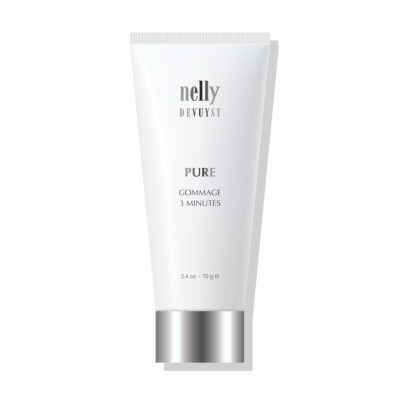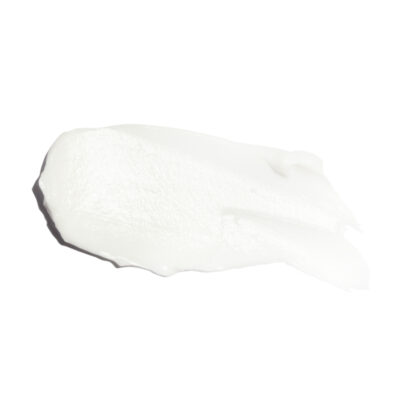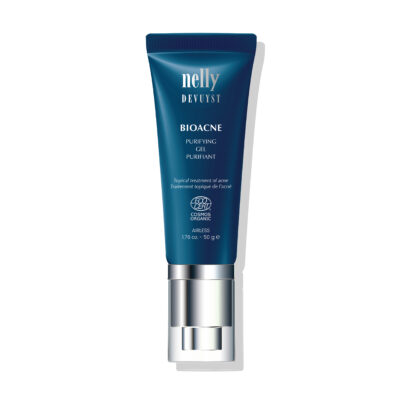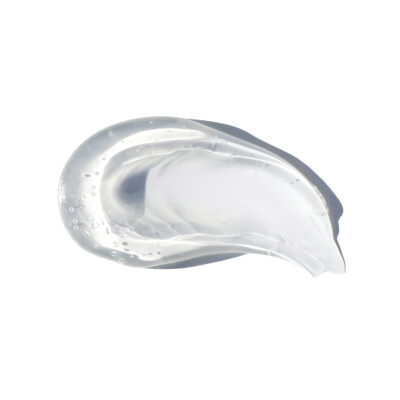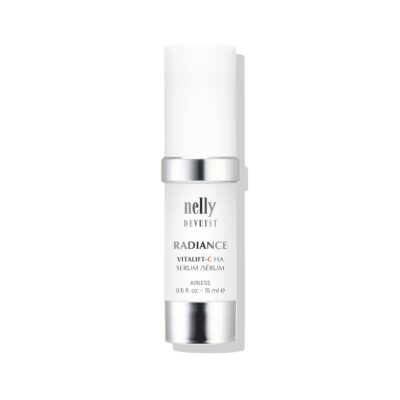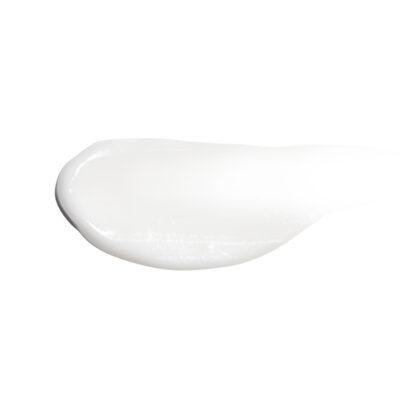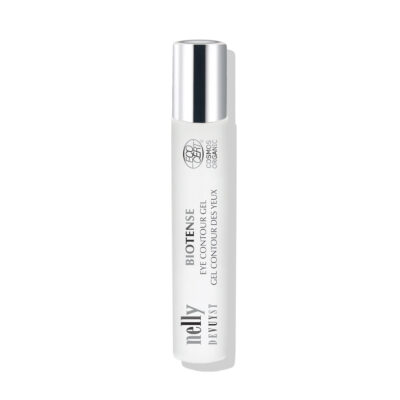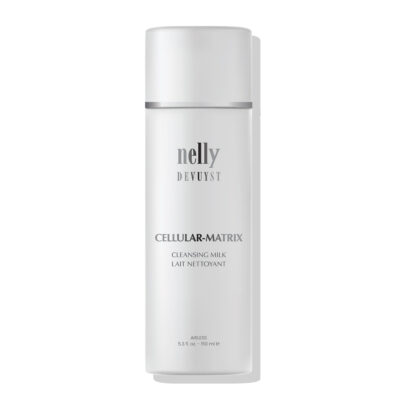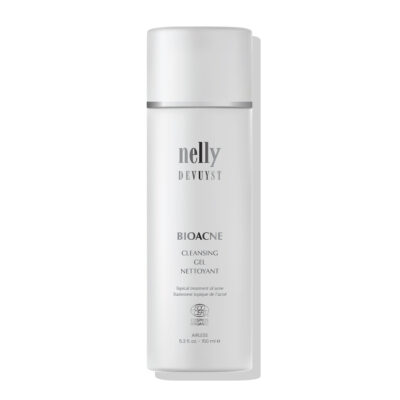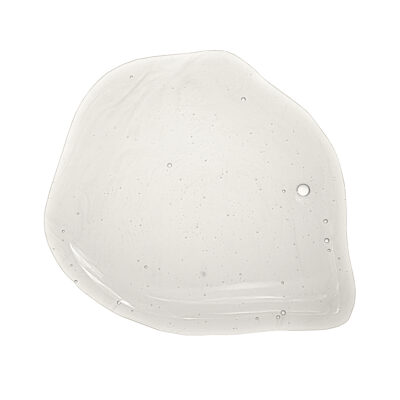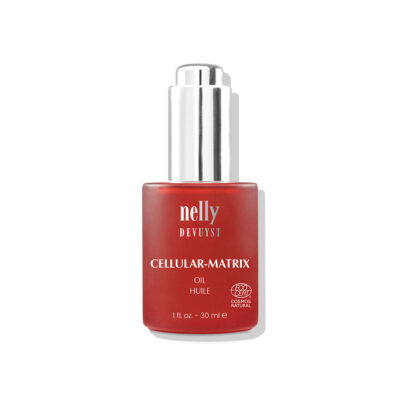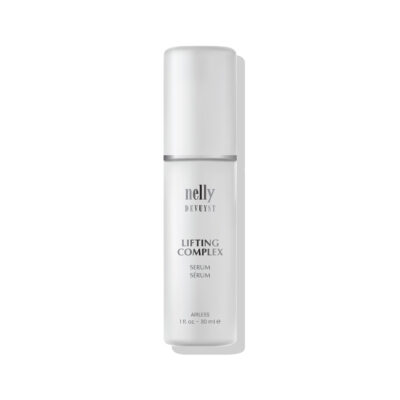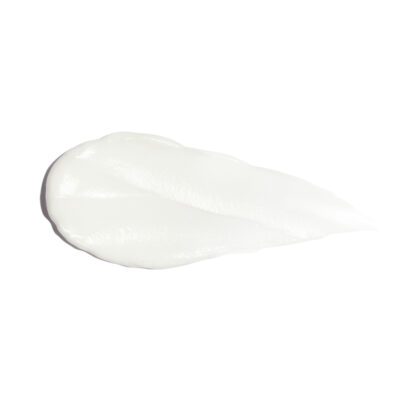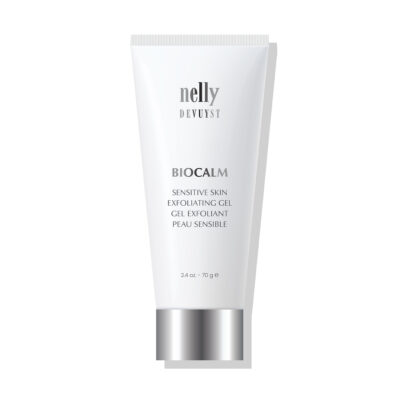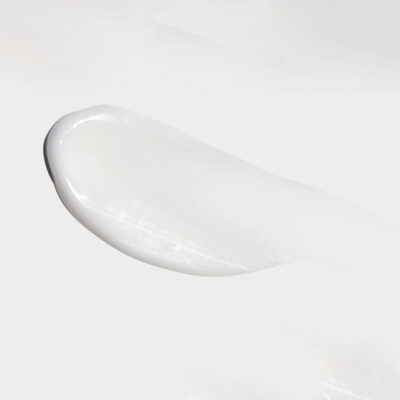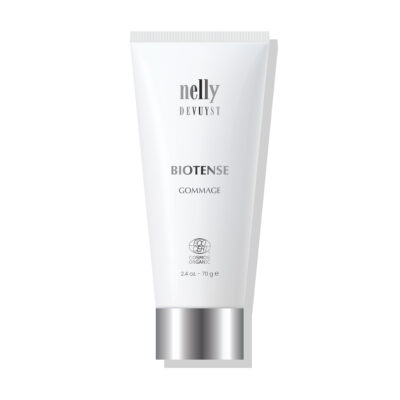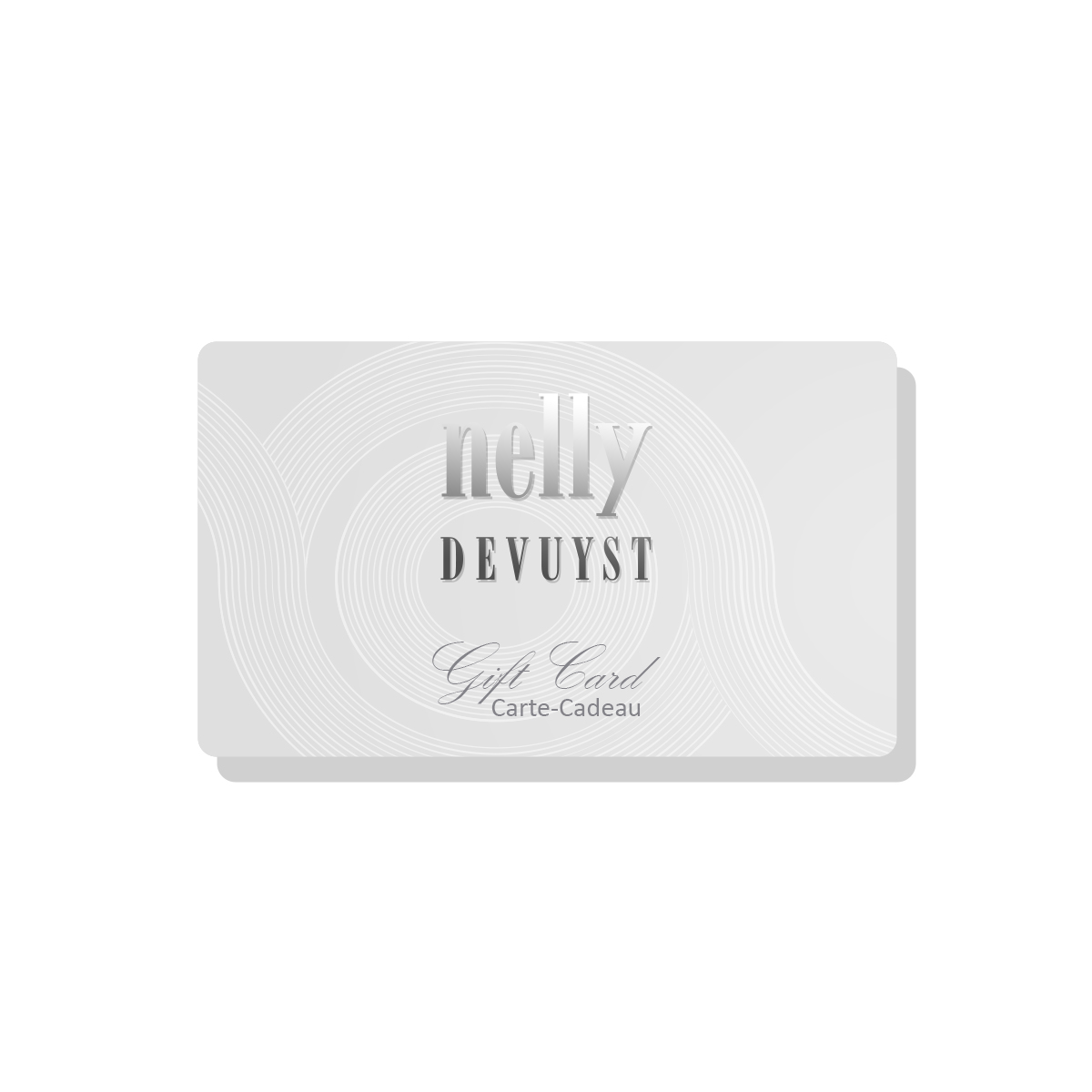Inflammation and Its Role For Sensitive and Rosacea-Prone Skin Conditions
Do you have sensitive or hyper-reactive skin?
In today’s blog, we will take a look at closer look at inflammation what causes it and what we can do to naturally reduce it. The good news is that we can reduce and prevent the inflammatory cascade that is often associated with hypersensitive and reactive skin types with the following pro tips.
Inflammation plays a key role in our immune response and includes a cascade of symptoms such as redness, swelling, pain, and itchiness. This occurs due to various factors including genetic predisposition, environmental aggressions, and most importantly what we put in the body and on our skin. The inflammatory cascade occurs when our skin barrier function is compromised and we come in contact with allergens.
When our skin is healthy, the hydrolipidic skin barrier and microbiota shield and defend against pathogenic microorganisms and environmental sensitizers, so we can think of it as our first line of defense. To repair and maintain the barrier of your skin, opt for a gentle sulfate-free cleanser, alcohol-free toners, and an anti-inflammatory moisturizing cream. We have seen amazing results with the Foaming Wash for Sensitive Skin, Soothing Lotion, and Repair Complex Cream. 3 simple steps that immediately restore comfort and protection for hyper-sensitized skin conditions.
While we work on the outside with our skincare it is imperative to also reduce pro-inflammatory foods from our diets. sugar, fried foods, dairy, processed meat, artificial sweeteners, refined flour, and saturated fats are all known to worsen sensitive and inflammatory-based skin conditions. Foods that naturally reduce inflammation include tomatoes, olive oil, green leafy vegetables, such as spinach, kale, and collards, nuts like almonds and walnuts fatty fish like salmon, mackerel, tuna, and sardine’s fruits such as strawberries, blueberries, cherries, and oranges. *
* https://www.health.harvard.edu/staying-healthy/foods-that-fight-inflammation


 Français
Français